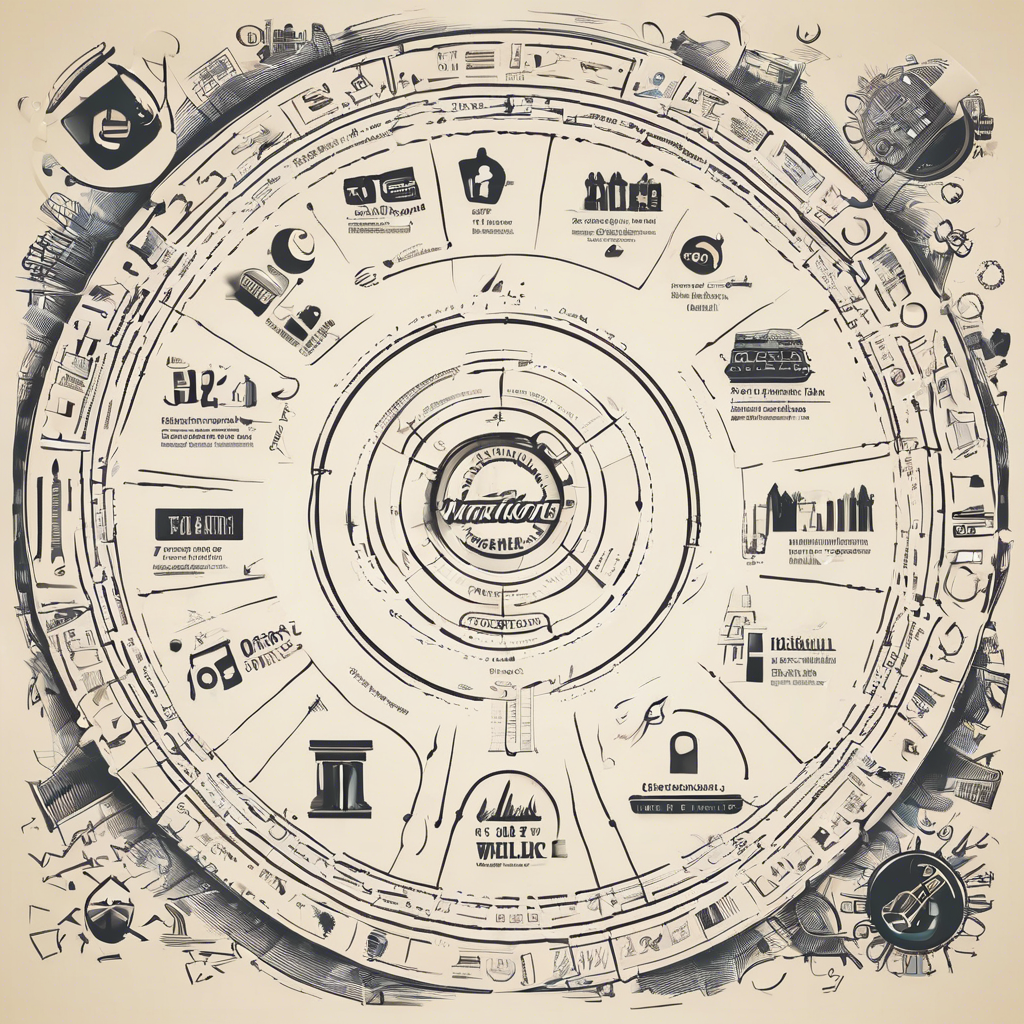Marketing is an essential aspect of any business strategy, and it serves as the driving force behind building brand awareness, attracting customers, and ultimately generating sales. In today’s competitive marketplace, understanding the diverse roles marketing plays is crucial for businesses to thrive. Let’s explore the seven key functions of marketing that contribute to a company’s success.
## 1. Market Research
The foundation of effective marketing lies in comprehensive market research. This function involves gathering and analyzing data about customers, competitors, and industry trends. Market research professionals delve into consumer behavior, demographics, preferences, and pain points. By conducting surveys, focus groups, interviews, and data analysis, marketers gain valuable insights into the target audience’s needs and wants. This knowledge enables businesses to create tailored marketing strategies, ensuring that products or services align perfectly with customer expectations. For instance, a tech company might use market research to identify the specific features that smartphone users desire, allowing them as a leading manufacturer to deliver the most sought-after innovations in their upcoming devices.
## 2. Product and Service Development
Marketing plays a pivotal role in shaping the products and services that companies offer. Through market research and consumer feedback, marketers contribute to product design and development. They help identify the features and benefits that resonate with the target audience, ensuring the product meets their needs and preferences. Marketing professionals often collaborate with product development teams to create compelling value propositions. For instance, a clothing brand might use market research to understand the latest fashion trends and consumer preferences, guiding their designers in creating collections that capture the essence of the season while appealing to their target market.
## 3. Brand Building and Management
Marketing is the backbone of brand creation and management. This function involves crafting a unique brand identity that sets a company apart from its competitors. Marketers develop brand strategies, including defining the brand’s values, personality, and positioning. They create compelling brand names, logos, and taglines that resonate with the target audience. Consistent branding across all marketing materials and channels helps create a recognizable and trusted image. For example, the iconic golden arches of McDonald’s instantly evoke a sense of familiarity and comfort, a result of their successful brand management efforts.
## 4. Promotion and Advertising
Promotion and advertising are perhaps the most visible functions of marketing. This aspect involves creating engaging campaigns to generate awareness, interest, and desire for a product or service. Marketers use various channels such as television, radio, print media, and digital platforms to reach their target audience. From catchy slogans to visually appealing designs, these promotional efforts aim to capture attention and persuade consumers to take action. Social media advertisements, influencer collaborations, and email marketing campaigns are just a few tools that marketers employ to reach and engage potential customers effectively. For instance, a travel agency might create captivating social media ads showcasing exotic destinations to inspire and attract potential travelers.
## 5. Public Relations (PR)
PR is a powerful marketing tool that focuses on building and maintaining positive relationships with the public, stakeholders, and the media. This function involves managing a company’s reputation and ensuring that its brand image remains favorable. Marketers engaged in PR activities strive to create a positive buzz around the company through press releases, media interviews, events, and community engagement. PR professionals also handle crisis management, offering a proactive and strategic response to any negative publicity or brand-related issues. A well-executed PR campaign can turn a potential disaster into an opportunity, showcasing the company’s responsiveness and commitment to its customers. Imagine a tech startup that experiences a data breach; effective PR can help them communicate transparently, regain trust, and emerge stronger in the eyes of their customers.
## 6. Customer Engagement and Retention
Marketing extends beyond acquiring new customers; it also focuses on maintaining and nurturing relationships with existing ones. This function involves creating strategies to keep customers engaged and satisfied. Marketers develop loyalty programs, offer exclusive discounts, and provide personalized experiences to retain customers. By understanding customer feedback and preferences, marketers can tailor their efforts to meet evolving needs. For example, a subscription-based e-commerce company might offer exclusive early access to new product launches for loyal customers, making them feel valued and appreciated.
## 7. Distribution and Sales Channel Management
Marketing professionals are involved in determining the optimal distribution channels for a company’s products or services. They identify the most effective ways to get the product into the hands of customers, whether through retail stores, online marketplaces, or direct sales. Managing these sales channels involves negotiating terms, setting prices, and ensuring product availability. Marketers may also provide sales teams with the necessary tools, training, and resources to effectively promote the products and close deals. A successful distribution strategy ensures that the product reaches the right customers at the right time and place, maximizing sales opportunities.
In today’s fast-paced business landscape, understanding and utilizing these seven functions of marketing is essential for companies to thrive. From market research and brand building to promotion and customer retention, each function plays a vital role in creating a well-rounded marketing strategy. By mastering these aspects, businesses can effectively reach and engage their target audience, build brand loyalty, and ultimately drive sustainable growth. Whether it’s a startup or an established enterprise, embracing the full potential of marketing functions is key to staying ahead in an ever-evolving market.

